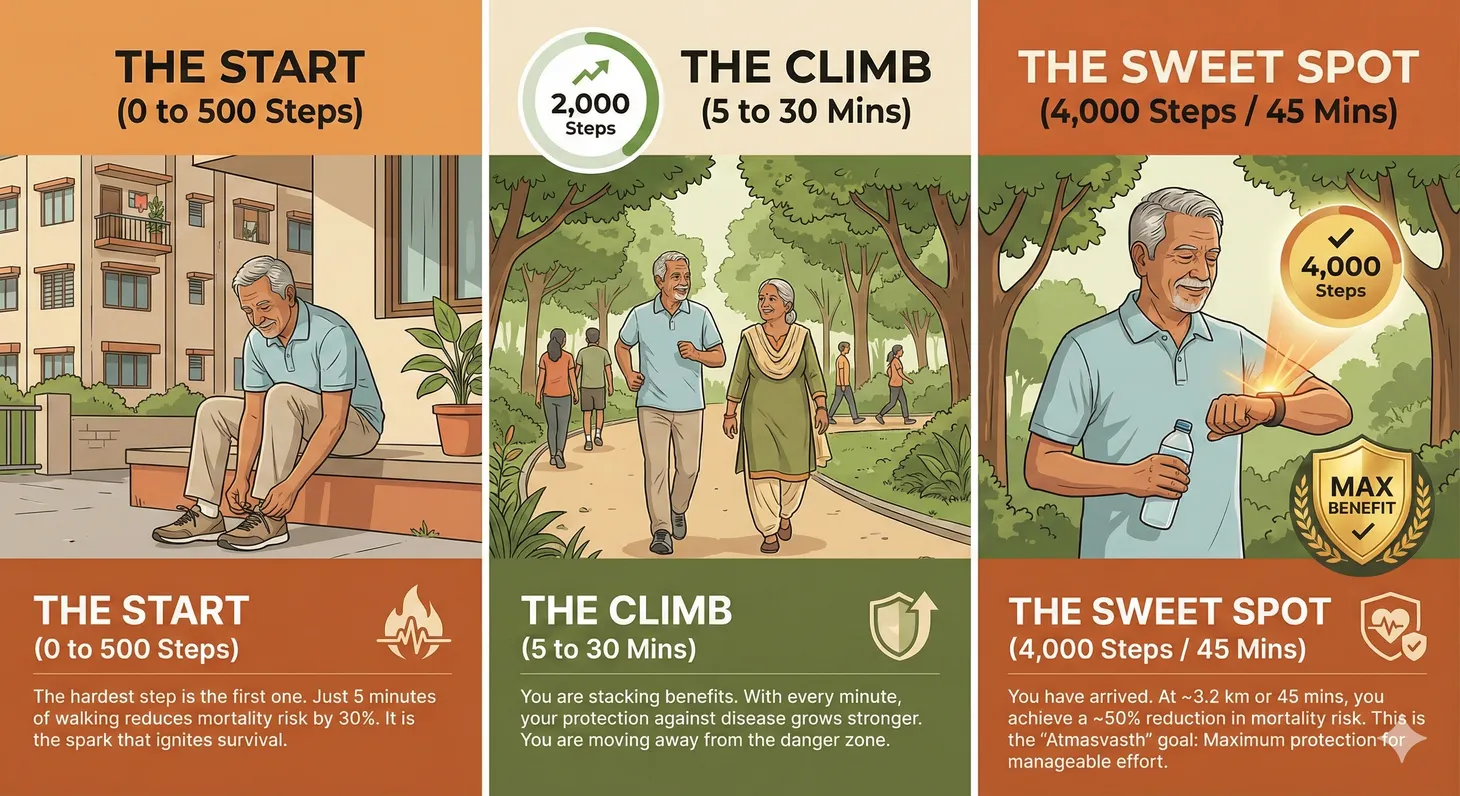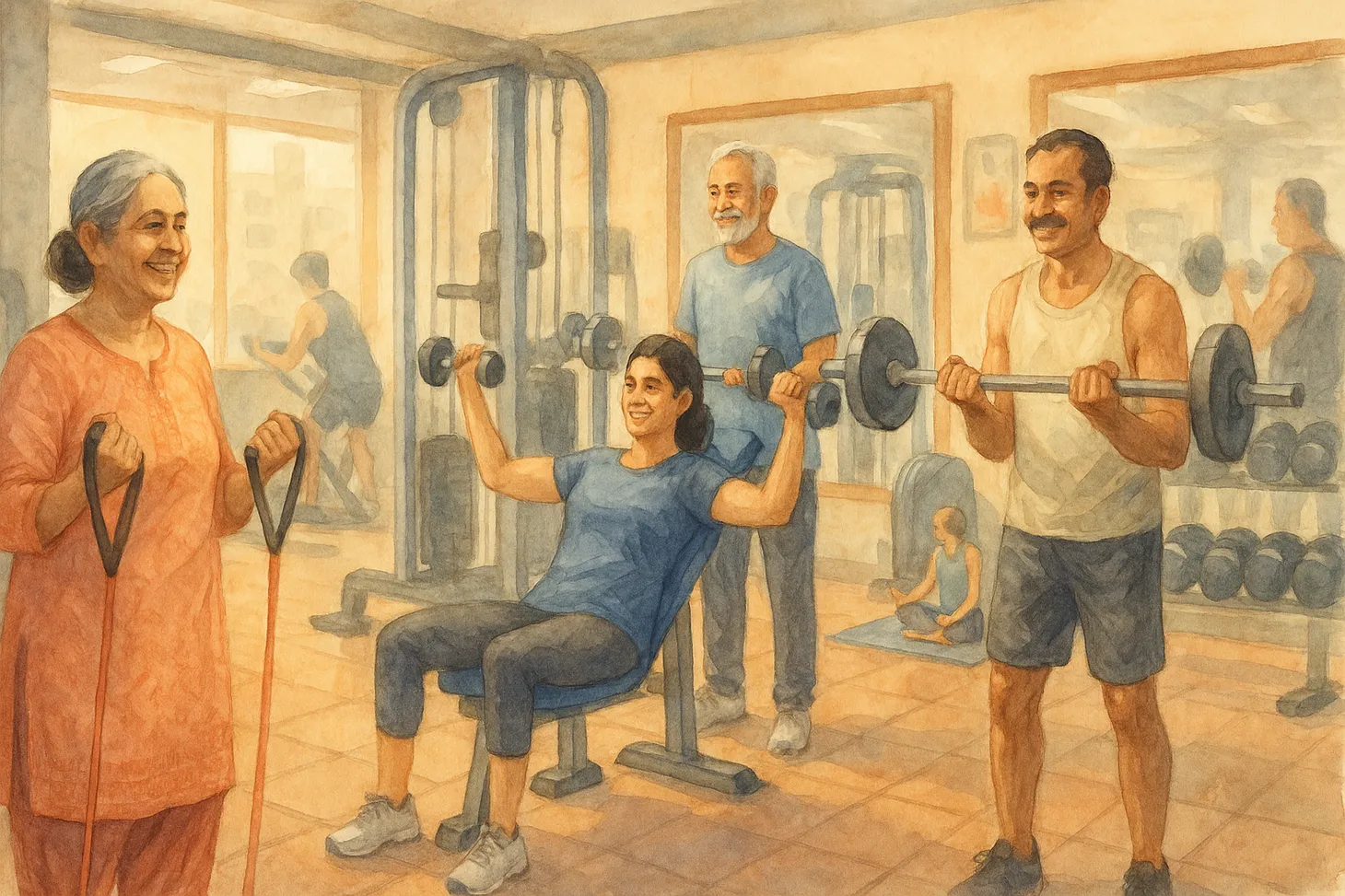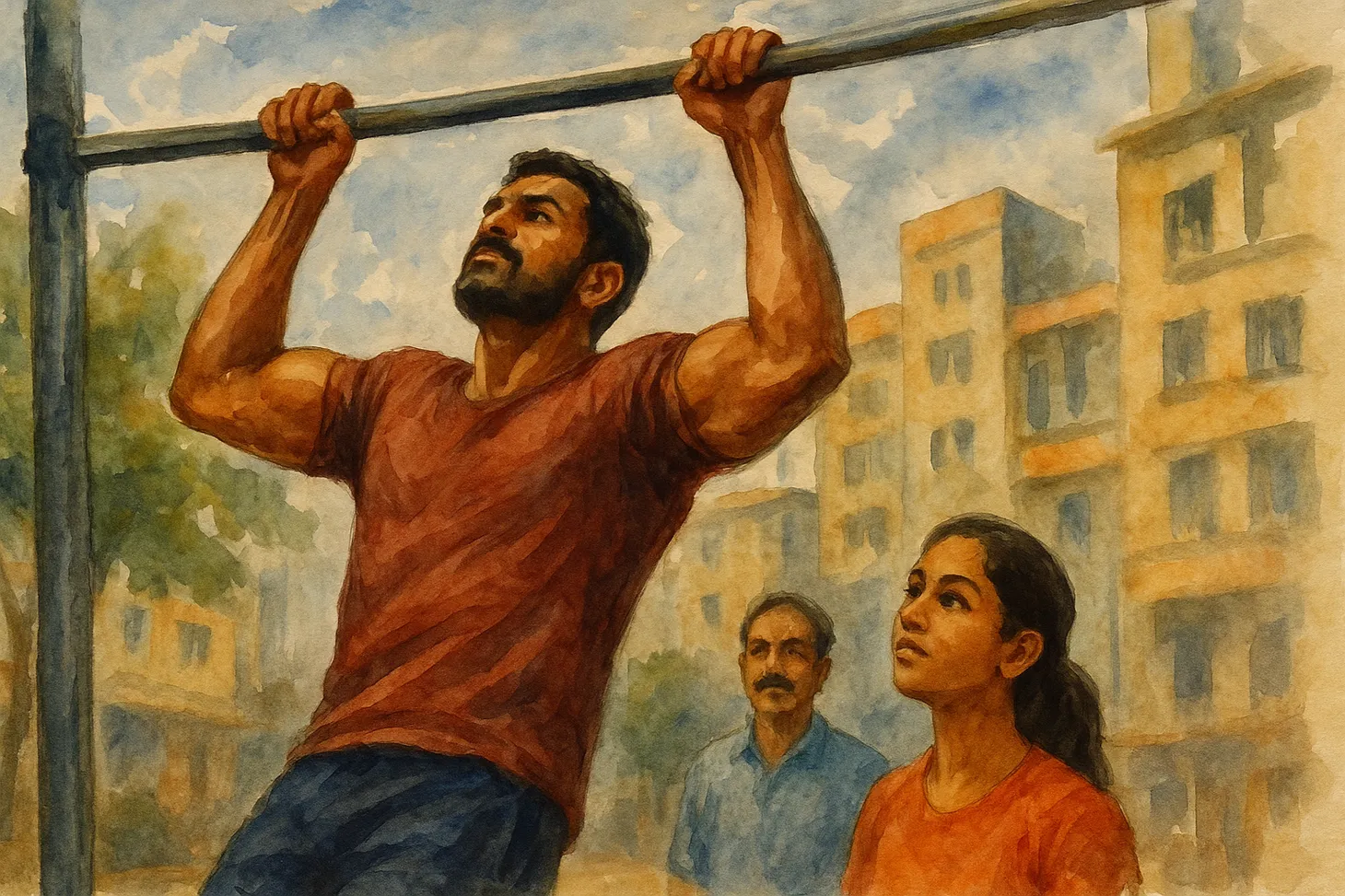Cognition and Dementia Updates 2025 - Walking, Multilingualism and Creative Experiences
Walking, the ability to speak multiple languages and being creative increase cognitive reserve and brain resilience and reduce the rate of cognitive decline as we age.
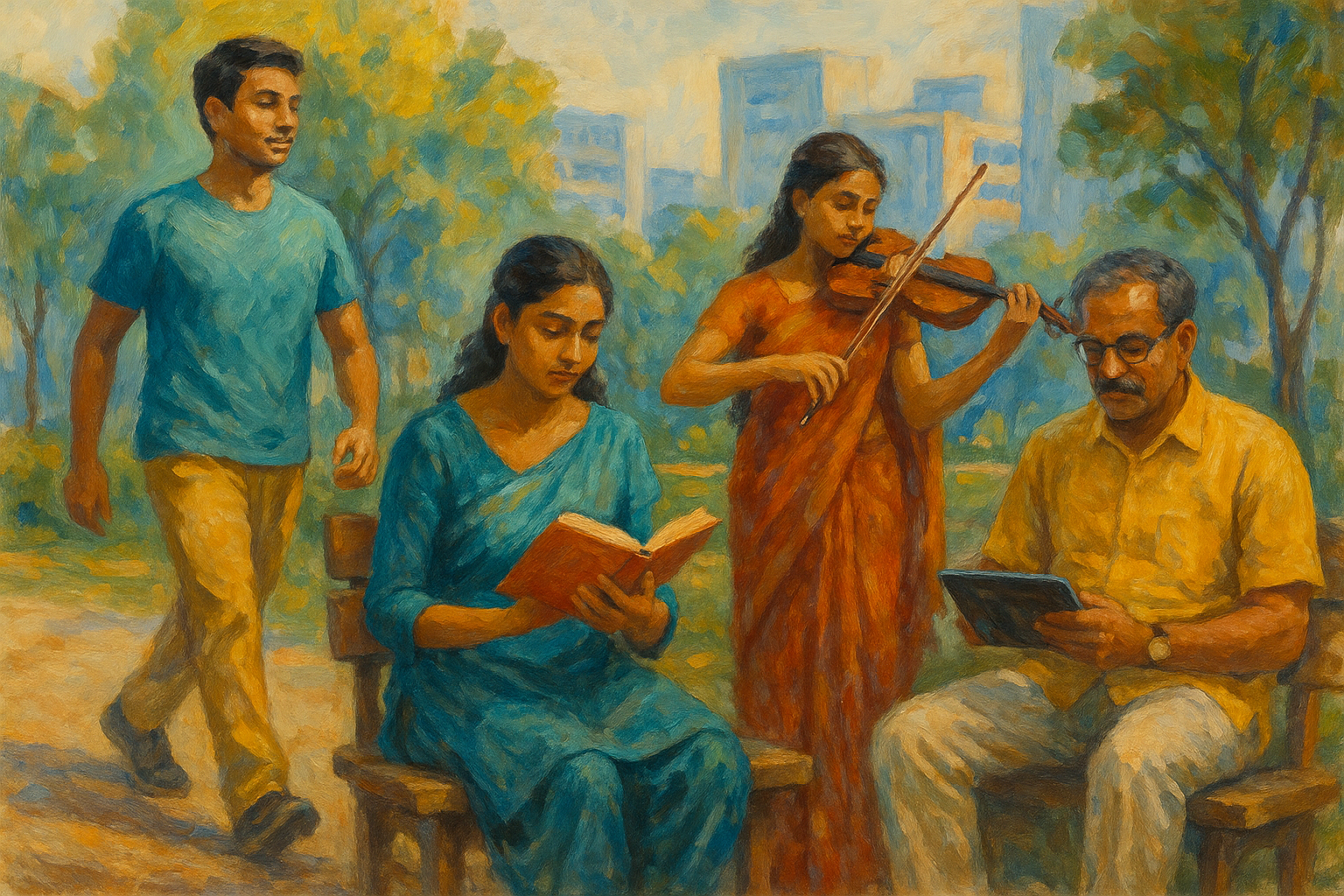
The Book
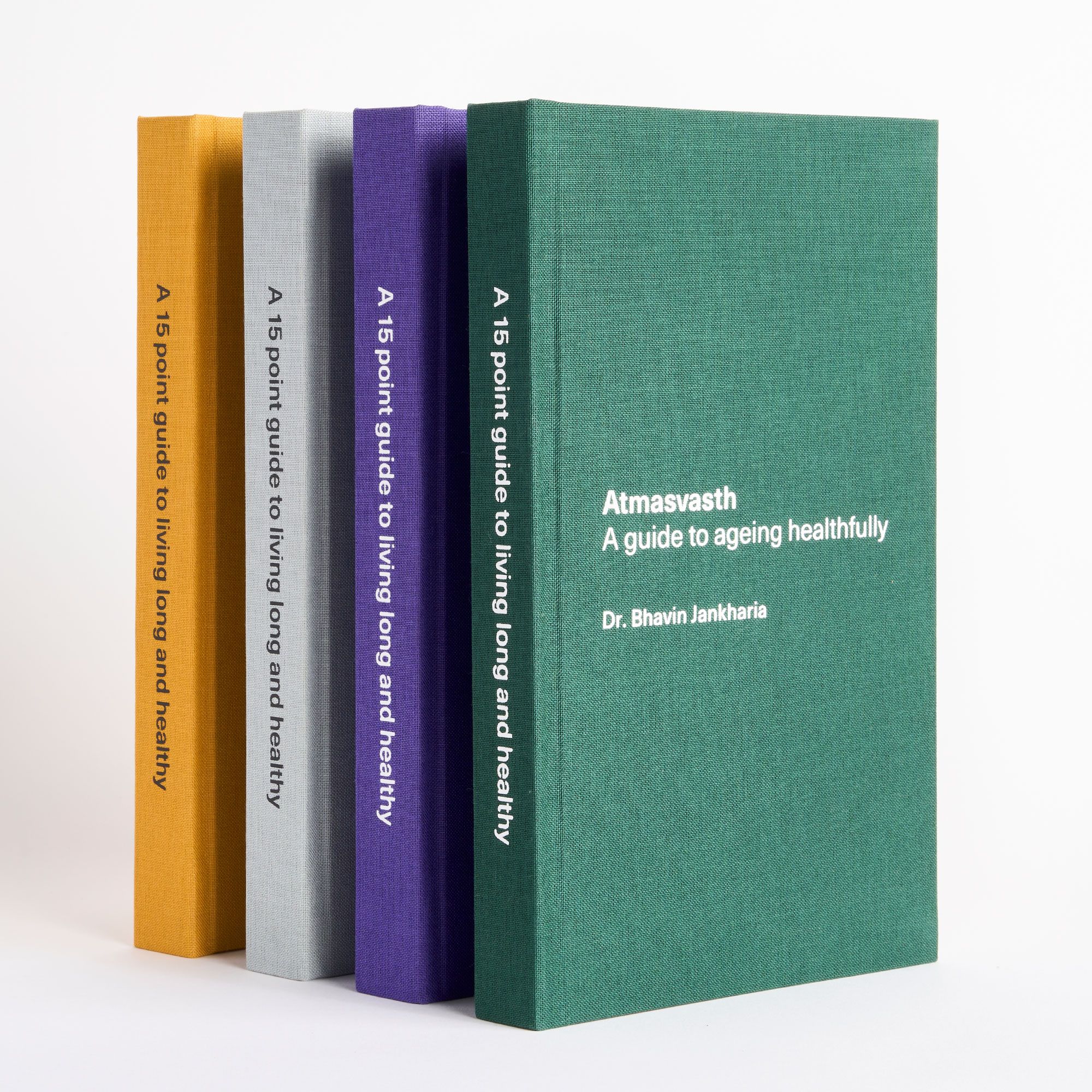
The Detailed 15-Point Guide to Live Long, Healthy
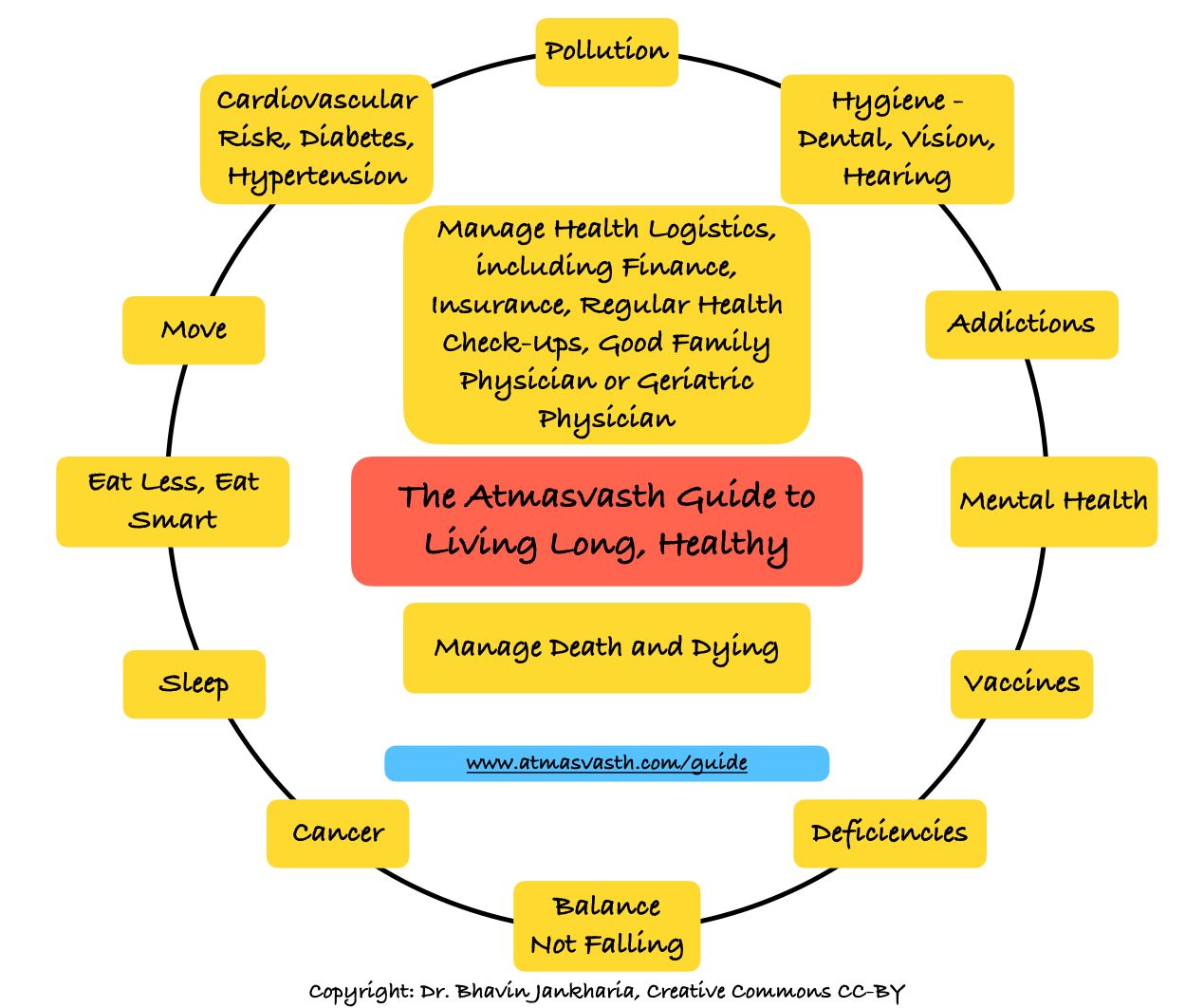
Audio
Soundcloud
YouTube
A YouTube version of the audio is also now available here.
Text
Last year in Jul 2024, I did an update on recent data in that year on cognition and demention prevention and diagnosis. These were then incorporate into the 15-point guide, which now reads as follows
4. Calm your mind and build cognitive reserves to prevent/delay cognitive decline/dementia - daily (meditation, downtime, learning, reading).
Prevent/delay cognitive decline/dementia
- Physical activity, good sleep, sensible eating, not smoking and minimal to no alcohol - help reduce cognitive decline.
- Read - preferably a book, else a long article, daily.
- Learn a new skill - language, musical instrument, singing, dancing, gardening, etc.
- Maintain social connections - to prevent loneliness, which can accelerate cognitive decline.
- In the future, if robust drugs become available to prevent/treat cognitive decline, then genetic and blood testing will also become routine.
In Aug 2025, I wrote up one more piece on how using smartphones helps maintain our intrinsic capacity and perhaps reduce the rate of cognition loss.
There have been other interesting studies this year…so let’s unpack those.
Walking and Cognition
This paper headed by Wai-Ying Wendy Yau [1] looked at a 14-years follow-up of people wearing pedometers and found that just simple walking reduced the rate of cognitive loss and the rate of build-up of tau-protein in the brain. The effect was best in the 5000-7500 steps range and then plateaued as the graph shows.

More importantly, this aligns with our 4000 steps per day (30-45 mins/day) as the sweet spot for the optimal physical activity to live long, healthy.
Multilingualism and Cognition
Speaking more than one language increases cognitive reserve and resilience, reducing the rate of cognitive decline as a recent study headed by Lucia Amoruso [2] has shown. As seen in this chart, speaking 3 or more languages reduces the rate of cognitive decline in absolute terms and relative to those who speak only one language.

This is however not something you can start at age 60. If however, you are multilingual since childhood as most of us are in urban India, speaking at least 3 or more languages (I speak English, Hindi, Gujarati and Marathi), then our brains have already built up some extra cognitive reserve.
Creative Experiences and Cognition
A recent study headed by Carlos Coronel-Oliveros [3] has shown that creative experiences delay brain ageing…those who engage in creative activities such as music, art, crafts, dance and other forms of creative expression have brains that age more slowly than those who are not creative as this image shows.

What does this mean for you and I?
It is unlikely that at or after age 60, you will suddenly be able to learn a new language or become creative. If you can, great, it will make a difference. But more importantly, if you are already multilingual or creative or both, you have already built significant cognitive reserve similar to those who are highly educated, as I’ve mentioned earlier and it will help us as we grow older.
However, irrespective of whether you are multilingual or creative, the one thing you can do to reduce the rate of cognitive decline is to be physically active, 4000 steps, which comes to 30-45 minutes of brisk walking a day, being the sweet spot.
Footnotes
1. Yau WYW, Kirn DR, Rabin JS, Properzi MJ, Schultz AP, Shirzadi Z, et al. Physical activity as a modifiable risk factor in preclinical Alzheimer’s disease. Nat Med [Internet]. 2025 Nov 3 [cited 2025 Nov 16]; Available from: https://www.nature.com/articles/s41591-025-03955-6
2. Amoruso L, Hernandez H, Santamaria-Garcia H, Moguilner S, Legaz A, Prado P, et al. Multilingualism protects against accelerated aging in cross-sectional and longitudinal analyses of 27 European countries. Nat Aging. 2025 Nov 10;5(11):2340–54.
3. Coronel-Oliveros C, Migeot J, Lehue F, Amoruso L, Kowalczyk-Grębska N, Jakubowska N, et al. Creative experiences and brain clocks. Nat Commun. 2025 Oct 3;16(1):8336.
Atmasvasth Newsletter
Join the newsletter to receive the latest updates in your inbox.

